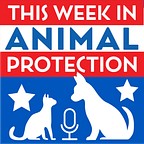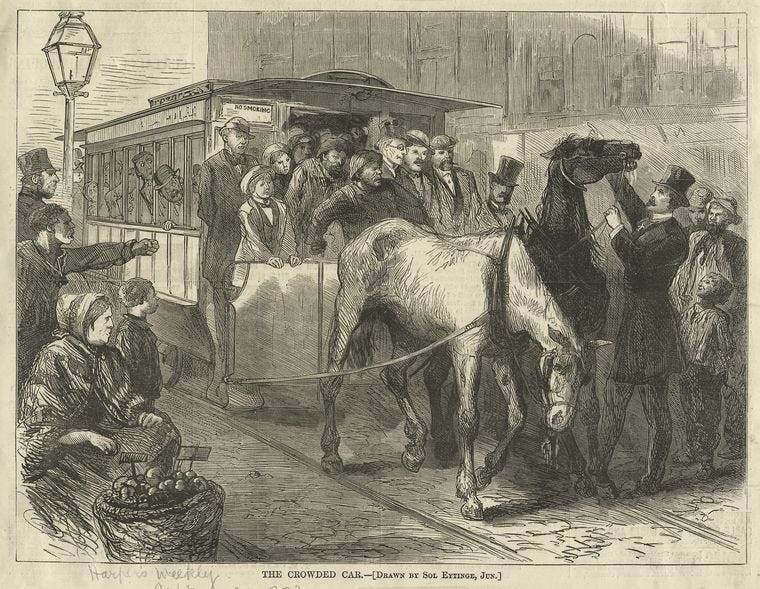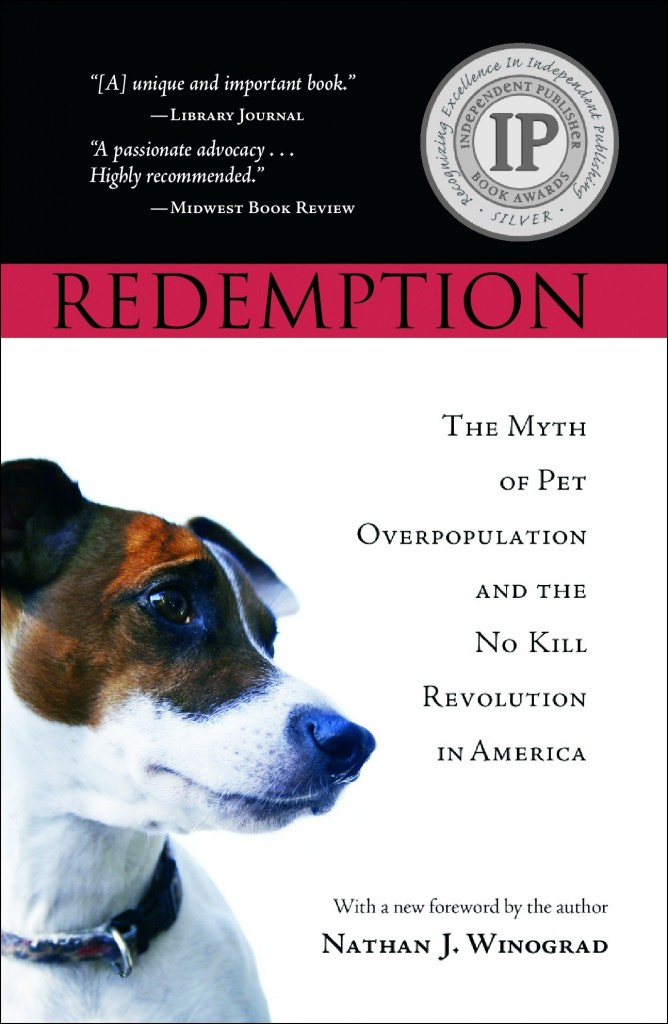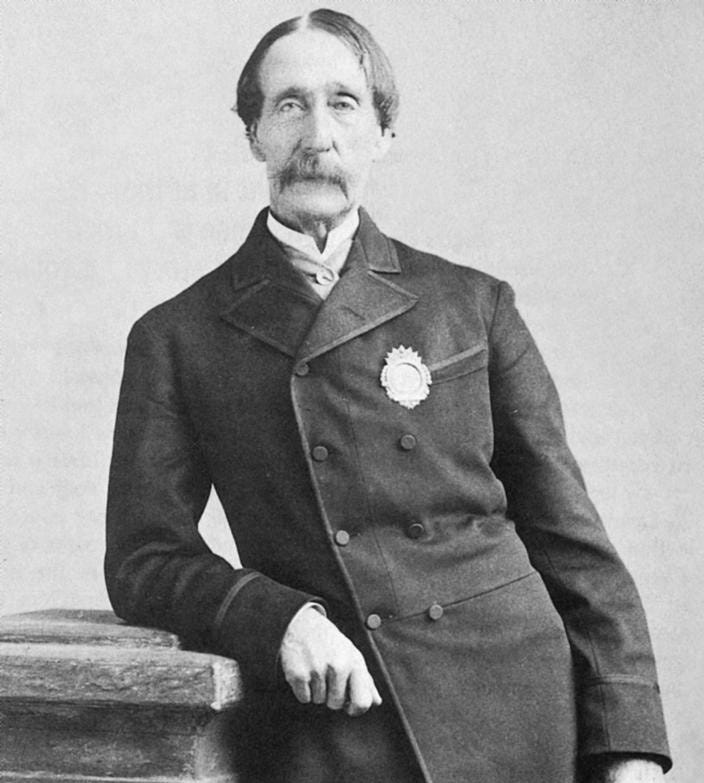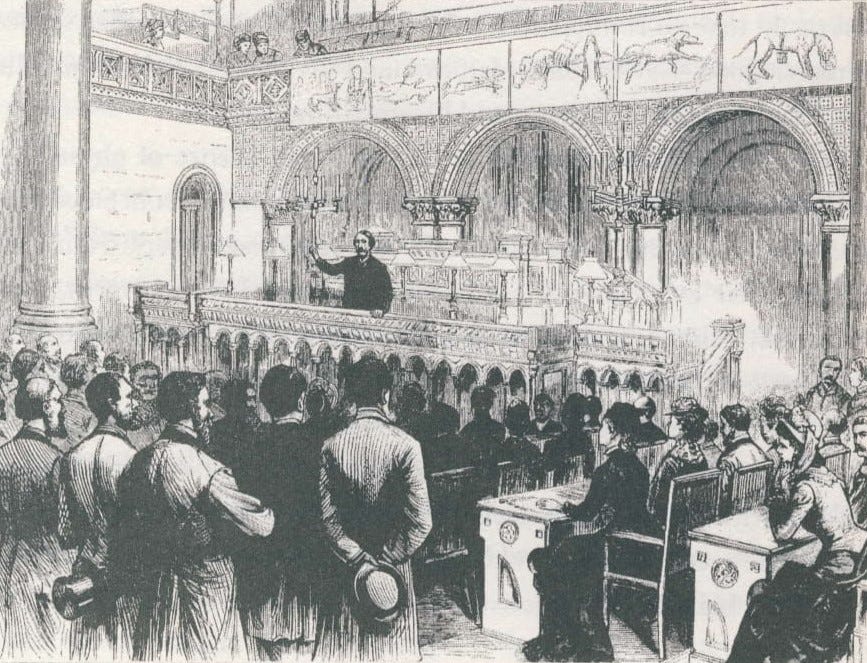Listen above to “Regarding Henry: The birth and betrayal of the humane movement in America,” part one of “Yesterday, Today, and Tomorrow: Animal Sheltering in the United States,” a podcast series.
I recently published several articles and podcasts about how some groups have abandoned their No Kill mission and are now successfully encouraging others to do the same. Concerned about the increasing betrayal of No Kill ideals by organizations that grew influential and wealthy by championing that very cause, this is part one of a podcast series that will serve both as a refresher on the history and principles of No Kill, as well as provide a roadmap for the future.
Although a tremendous amount of progress has been made since the publication, 13 years ago, of my first book, Redemption: The Myth of Pet Overpopulation and the No Kill Revolution in America, and though millions of animals who would have once faced death when entering their local shelter now find instead a helping hand and a new beginning, our work is far from over. In fact, at the very moment we have achieved unprecedented progress — an achievement that has been called “the single biggest success of the modern animal protection movement” — there are those who would have us abandon the very means that have proven so transformative in shelter after shelter in America, rather than double down on those efforts until every single animal in every single shelter is guaranteed the same.
Explaining how this tragic crossroads has come to pass, what we can do to stop this backsliding, and what future we should be striving for are the goals of this series of podcasts; a series that starts with a story, as I explained in Redemption, that should serve as our movement's true North: the founding of the American animal protection movement in the second half of the 19th century by the late, great, visionary Henry Bergh.
To those who read Redemption or seen the documentary based on the book, Henry Bergh needs no introduction. To those who haven’t, Henry Bergh launched the humane movement in North America.
After he succeeded in chartering the American Society for the Prevention of Cruelty to Animals — the nation’s first SPCA — in 1866 and then passing an anti-cruelty law shortly thereafter, he put a copy in his pocket, and took to the streets that very night — and every single night thereafter for the remainder of his life — to help animals and punish violators. The annals of the ASPCA describe the first such encounter:
The driver of a cart laden with coal is whipping his horse. Passersby on the New York City street stop to gawk not so much at the weak, emaciated equine, but at the tall man, elegant in top hat and spats, who is explaining to the driver that it is now against the law to beat one’s animal.
Whether fighting for the rights of horses, opposing hunting, trying to clean up slaughterhouses, or protecting stray dogs, Bergh’s ASPCA grew in both scope and influence. In a very short period of time, cities across North America had used the ASPCA as a model for their own, independent humane societies and SPCAs, and the numbers continued to grow.
Although he is not a very well known figure, we and the animals owe him a great deal. Every humane society that stands up for animals; every animal protection group that gives voice to the voiceless; and the millions of animals who have been saved thanks to the efforts of activists and advocates, are a living legacy to his life. Bergh was one of the first Americans to begin weaving the ideals of animal protection into our jurisprudence, the American psyche, and the fabric of American life.
His influence cannot be overstated, but even during the course of his life, Bergh saw trouble ahead. Indeed, Bergh often worried about the future of the ASPCA, stating, “I hate to think what will befall this Society when I am gone.” It didn’t take long for Bergh’s worst fears to come true. Shortly after his death, and against his express instructions, the ASPCA traded in its mission of protecting animals from harm for the role of killing them by agreeing to run the dog pound — something that Bergh rejected during his lifetime: “This Society,” he once wrote, “could not stultify its principles so far as to encourage the tortures which the proposed give rise to.” In fact, Bergh’s answer was the opposite: “Let us abolish the pound!” But after his death, the ASPCA capitulated and took over the pound, becoming New York City’s leading killer of dogs and cats. It was a terrible mistake, one emulated by humane societies and SPCAs nationwide, with devastating results.
Unwilling to harm the animals they were supposed to be protecting, animal lovers fled these groups, and bureaucrats and opportunists with no passion for animals or for saving their lives took them over, paving the way for the crisis of uncaring and killing that would define these organizations for well over a century. What began as a nationwide network of animal protection groups devolved into dog and cat pounds whose primary purpose became, and in too many communities remains, killing animals, even when those animals are not suffering. And the mighty ASPCA, once a stalwart defender of animals, became a stalwart defender of killing them, beholden not to animals or furthering their best interest, but to a ruthless fundraising machine enriching itself and its leadership at the expense of its founding mission.
When the early founders of the animal protection movement died and their organizations took over the job of killing those they had been formed to protect, a fiery zeal was replaced with a smoldering ember that gave little light or warmth and the humane movement went to sleep. People like the tirelessly devoted Henry Bergh were replaced with individuals who care so little for animals as to allow tremendous cruelty and killing to continue unabated, even when they could use the power their positions afford, and the tremendous wealth of their organizations, to stop it.
But after over 100 years of this antiquated and deadly paradigm, the grassroots of the animal protection movement finally woke up and fought back, demanding and winning No Kill solutions, a topic we will turn to in part two of this series.
——————
This holiday season, please consider giving the gift of a Substack subscription to a friend, family member, or colleague. Doing so allows me to keep writing articles and making podcasts on issues not found anywhere else:

